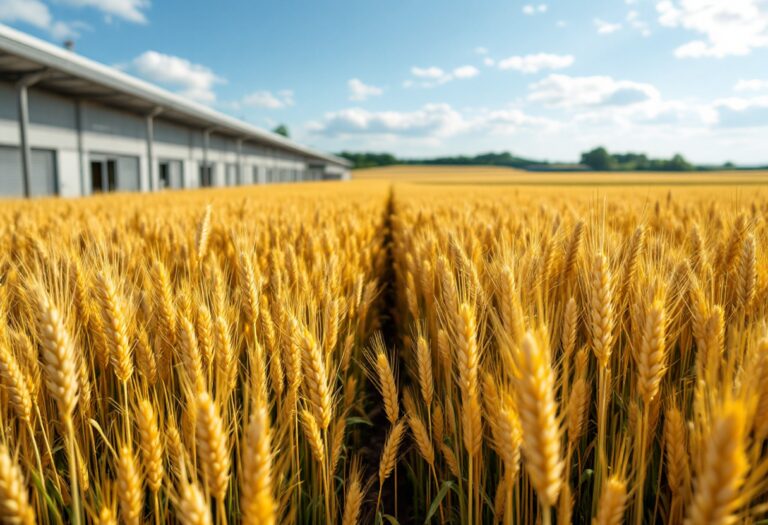The Turriff-based egg supplier sees significant growth with new retail deals.

Topics covered
Duncan Farms, a prominent egg supplier based in Turriff, Scotland, has recently secured a significant deal to supply its free-range eggs to 23 Co-op stores across Scotland. This expansion marks a notable milestone for the farm, as it introduces its products to new locations, including the picturesque islands of Arran and Lerwick, Shetland, where they will be available in Scotland’s most northerly Co-op store.
Growing demand for free-range eggs
The latest supermarket partnership comes on the heels of Duncan Farms’ recent agreement with Sainsbury’s, which has allowed the company to reach a broader audience of Scottish shoppers. Additionally, their eggs are already stocked in Morrisons stores throughout the region, and they supply products to well-known retailers such as Marks and Spencer and Lidl under their own labels.
This retail roll-out is a response to the increasing demand for Duncan Farms’ free-range eggs, which are known for their quality and traceability.
Production capabilities on the rise
Rachael Duncan, vice-chairperson of Duncan Farms, expressed her enthusiasm about the recent developments, stating, “It has been such an exciting time for the business as we have onboarded a couple of new retailers in quick succession.” To meet the growing demand, the company is significantly increasing its production capabilities across its farms. With nearly 800,000 free-range hens, approximately 70% of which are located in the north-east of Scotland, Duncan Farms is poised for a strong growth trajectory in the coming years.
Sustainability initiatives and local sourcing
One of the standout features of Duncan Farms is its commitment to sustainability. The company has implemented several key projects aimed at improving its environmental footprint. Working alongside its sister business, Muirden Energy, Duncan Farms has integrated renewable energy solutions into its farming operations. This includes the installation of wind turbines and solar panels across its free-range farms, as well as the introduction of biomass heating at hen rearing sites.
Moreover, all of the hens’ feed is sourced locally, with over 15,000 tons of cereals milled and mixed on-site each year. This local sourcing not only supports the regional economy but also ensures that the hens receive nutritious feed, contributing to their overall health and well-being. The company’s website proudly highlights its commitment to raising “happy and healthy” hens, emphasizing that their free-range farms provide ample space for the birds to explore, dustbathe, and engage in natural behaviors.





Leave a Reply